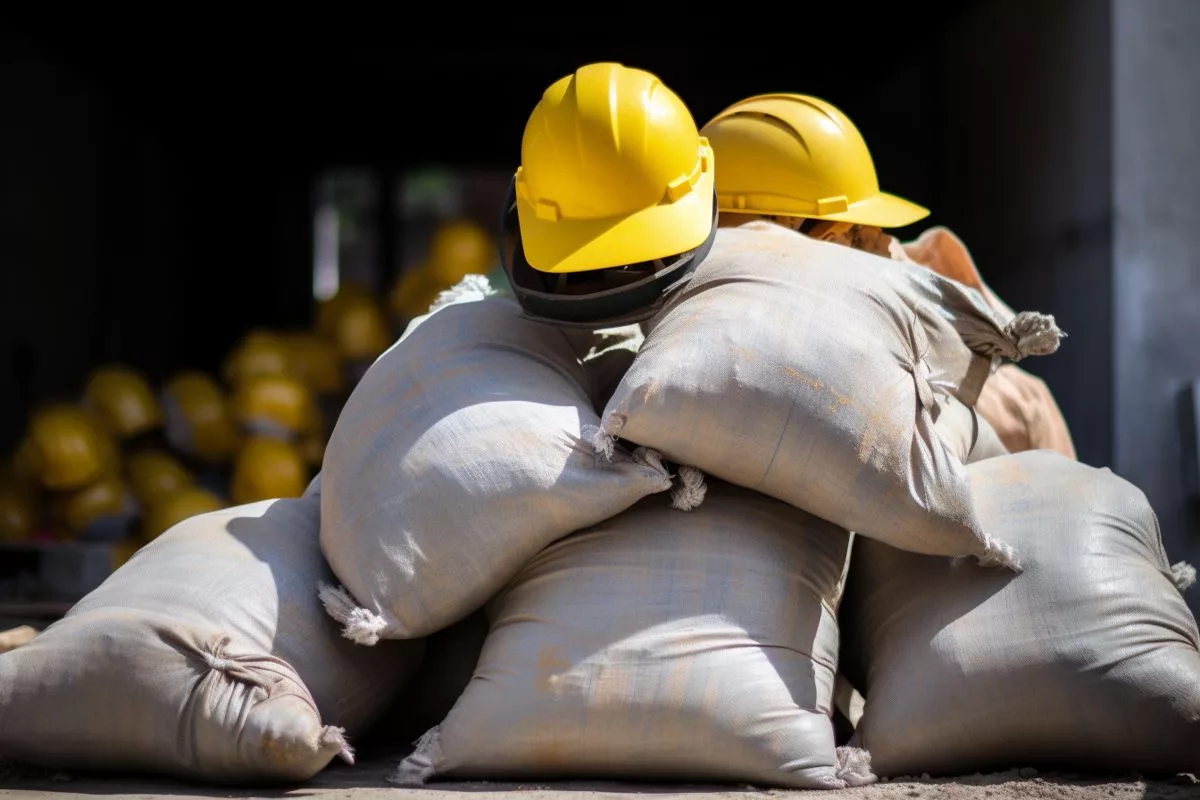The recent recall of Econo Cement in South Africa has sparked a conversation about the importance of strict regulations in the construction industry. The recall was issued after the cement failed to meet the required specifications for safety and integrity. The incident highlights the necessity of adhering to industry standards and the critical role of regulatory bodies in ensuring public safety and economic stability. While the recall may pose temporary challenges, it ultimately serves as a reminder of the vigilance required to maintain quality and safety in the construction sector.
The recent recall of Econo Cement by South Africa’s National Regulator for Compulsory Specifications (NRCS) has prompted the construction industry to reevaluate its reliance on materials that adhere to industry standards. This recall serves as a timely reminder of the critical importance of stringent regulatory oversight in an industry where quality and safety are paramount.
The Econo Cement Recall
The recall was issued after the cement failed to meet the stipulated specifications necessary for construction, falling far short of the strength standards deemed necessary for the safety and integrity of infrastructure. Given that cement is an essential material in the construction industry, this recall brings into question the reliability of building materials, with potential ramifications for public safety and economic stability.
Regulatory System
The recall underscores the comprehensive regulatory system upheld by entities such as the NRCS and the South African Bureau of Standards (SABS). These bodies work synergistically to ensure all materials used in construction adhere to the highest level of safety and endurance.
Importance of Industry Standards
In the evaluation of cement, factors such as compressive strength, setting time, and chemical composition are paramount. These standards ensure that the cement, when hardened, meets its intended functional and safety requirements. The proactive intervention by the NRCS highlights the body’s unwavering commitment to public safety, health, and fair trade.
Implications of the Recall
The implications of this recall are being meticulously monitored, with potential effects on procurement and infrastructure projects anticipated. The swift action taken by the NRCS aims not only to protect consumers but also to mitigate detrimental impacts on the nation’s economy. While the recall may pose temporary challenges for the construction industry, it ultimately serves as a reinforcement of the vigilant approach needed to maintain quality and safety in South Africa’s growing infrastructure sector.
As stakeholders in the construction industry grapple with the recall, it is essential to remember the critical importance of industry standards. By following authoritative news channels and the NRCS’s official communications, stakeholders can stay informed about the recall process and any corrective measures or remedies for those who have purchased Econo Cement.
1. What is the Econo Cement recall in South Africa?
The Econo Cement recall in South Africa was issued after the cement failed to meet the required specifications for safety and integrity, falling far short of the strength standards deemed necessary for the safety and integrity of infrastructure.
2. What is the role of regulatory bodies in the construction industry?
Regulatory bodies such as the National Regulator for Compulsory Specifications (NRCS) and the South African Bureau of Standards (SABS) work synergistically to ensure all materials used in construction adhere to the highest level of safety and endurance, highlighting their critical role in ensuring public safety and economic stability.
3. Why is adhering to industry standards important in the construction industry?
Adhering to industry standards in the construction industry is important as it ensures that the materials used in construction meet their intended functional and safety requirements. Standards such as compressive strength, setting time, and chemical composition are paramount to ensure that materials meet the highest level of safety and endurance.
4. What are the implications of the Econo Cement recall?
The implications of the Econo Cement recall are being meticulously monitored, with potential effects on procurement and infrastructure projects anticipated. The swift action taken aims not only to protect consumers but also to mitigate detrimental impacts on the nation’s economy.
5. How can stakeholders in the construction industry stay informed about the recall process?
Stakeholders in the construction industry can stay informed about the recall process and any corrective measures or remedies for those who have purchased Econo Cement by following authoritative news channels and the NRCS’s official communications.












